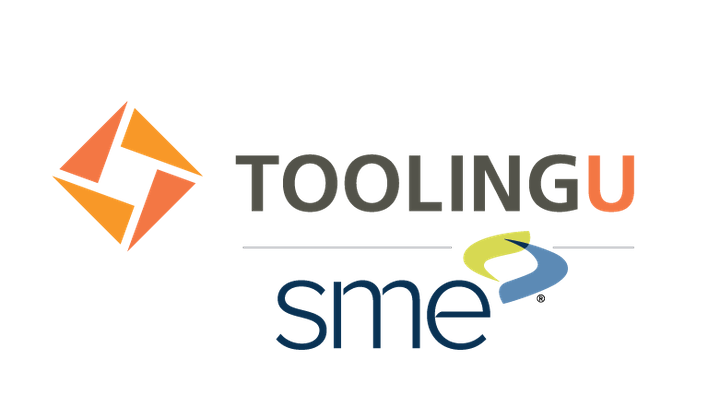
Introduction to Electric Motors provides a comprehensive overview of electric motors and the principles on which they operate. Electric motors use magnetic induction to turn electricity into mechanical motion. This motion is rated by mechanical power variables, such as speed, torque, and horsepower. Electric motors run on either direct or alternating current. Direct current motors include series, shunt, and compound motors. Common AC motors are squirrel cage, wound rotor, and synchronous. Different types of motors are used for different applications. All maintenance personnel must have a good understanding of electric motors because they are so commonly used. Before users can understand advanced motor control concepts, they must first develop a foundational knowledge of electric motors and how they function. This class introduces the topics that users will build on as they continue to study motor controls.
Other Courses in this Program:
Relays, Contactors, and Motor Starters 201920100 Control Devices 211
920110 Distribution Systems 221
920120 Limit Switches and Proximity Sensors 231
920130 Symbols and Diagrams for Motors 311
920210 Logic and Line Diagrams 312
920220 DC Motor Applications 321
920230 AC Motor Applications 322
920250 Timers and Counters 340
460340
Course ID
920200
Skill Focus
Advanced
Instructor(s)
ToolingU
Employee Type
None
Method of Delivery
Online
Estimated Effort
60